Tuesday, April 23, 2024
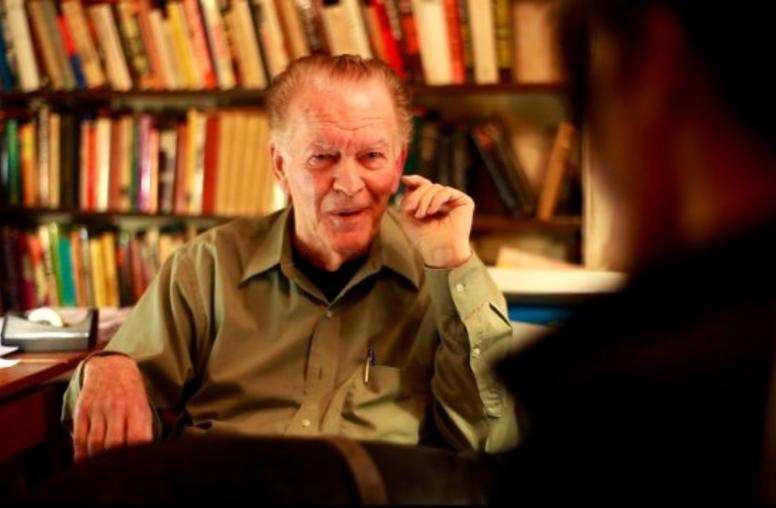
Tribute to Gene Sharp
Gene Sharp was a giant the field of civil resistance whose voluminous writings have inspired and informed the work of academics, practitioners, and activists the world over. His role in advancing human rights, fundamental freedoms, and social justice around the world cannot be over-estimated. Few scholars have had such a profound impact on the course of human events as Gene Sharp. He will be greatly missed.
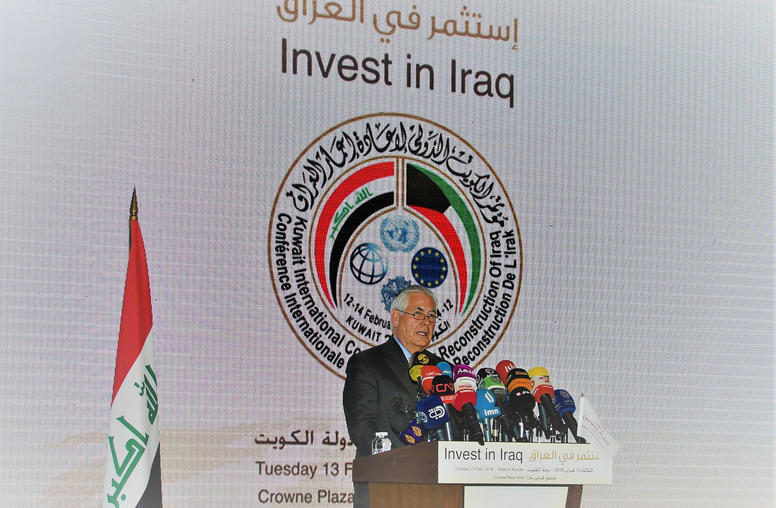
Donors Support Iraq, but There’s More Work to Be Done
This week’s international donors’ conference on the rebuilding of Iraq produced pledges of up to a third of the estimated $88.2 billion cost in loan guarantees and aid, as the United States and other governments pushed for private, rather than government, funds to fill the need. Governments offered as much as $30 billion in aid, about $25 billion of that as credits. While news reports focused heavily on the gap between the needs listed by the government and the offers from donors, the amounts pledged reflect continued international support for Abadi and Iraq.

Billy Graham: Unbound by Borders
The Rev. Billy Graham, who died Wednesday, was never one to remain bound by borders. His religious faith was both the engine that drove him personally, and the portal through which he touched and swayed millions of people. Graham’s legacy on matters of violent conflict, and the social injustices that underlie them, is deeply mixed—and human. But his six-decade career shows us the unremitting power of religious faith to influence people’s attitudes and actions. And at key moments, Graham’s career showed how religious leaders can promote peace.

Letter from Erbil: The Dalai Lama's Message for Iraq
Lourd Hanna, an Iraqi health sciences graduate, co-founded a youth-led organization that works to heal divisions among Iraq’s ethnic and sectarian communities. Lourd, a member of Iraq’s Chaldean Catholic minority, lives in Erbil, in Iraq’s Kurdistan region. She is one of 25 young civil society leaders from a dozen nations facing violent conflict whom USIP gathered in 2017 for training and mentorship with the Nobel peace laureate and spiritual leader, the Dalai Lama.
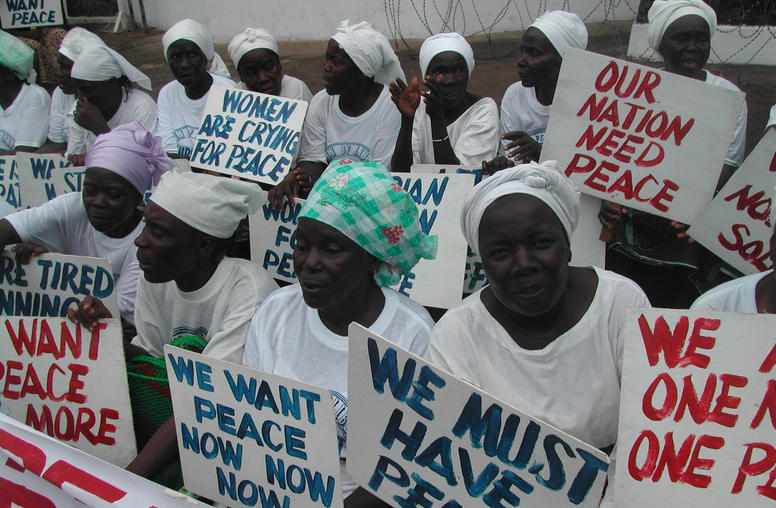
Making Women Visible
Two decades into the 21st century, women remain mostly invisible in human storytelling about war and peace. Since a U.N. resolution in 2000, governments increasingly have recognized that the work of ending or preventing wars is weakened when women are excluded. Painstakingly, women are forcing aside historic obstacles to lead as mediators, peacekeepers and the like. Yet amid violence that has displaced record numbers of people, women remain scarcely visible in our stories of human conflict and reconciliation. These stories reflect what we value as a society. When women are missing, women are not counted.
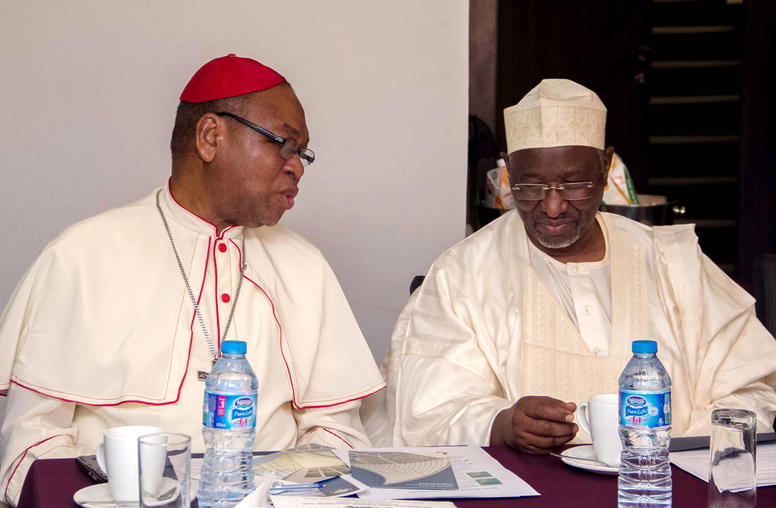
Top Civic Leaders Aid Nigerian Fight to Curb Extremism
Nigeria’s Roman Catholic cardinal urges his flock to embrace diversity. The spiritual leader of the country’s Muslims leads efforts to prevent radicalization and condemns Boko Haram. A former United Nations envoy advocates for professionalism among civil servants. A retired army chief of staff presses for the government to reach out more to alienated groups. These leaders and seven other prominent figures form a new high-level advisory group helping northern Nigeria’s powerful state governors address the social, religious and political forces that fuel extremist violence.
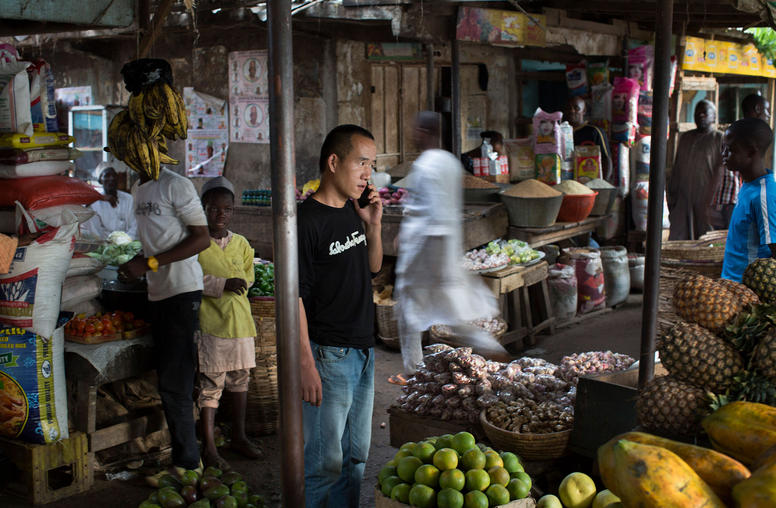
China’s Approach to Africa Takes on a Harder Edge
China is sending an unmistakable signal about its future plans for Africa. Economics may still be first, but that’s no longer the only tool the Chinese are ready and able to employ.
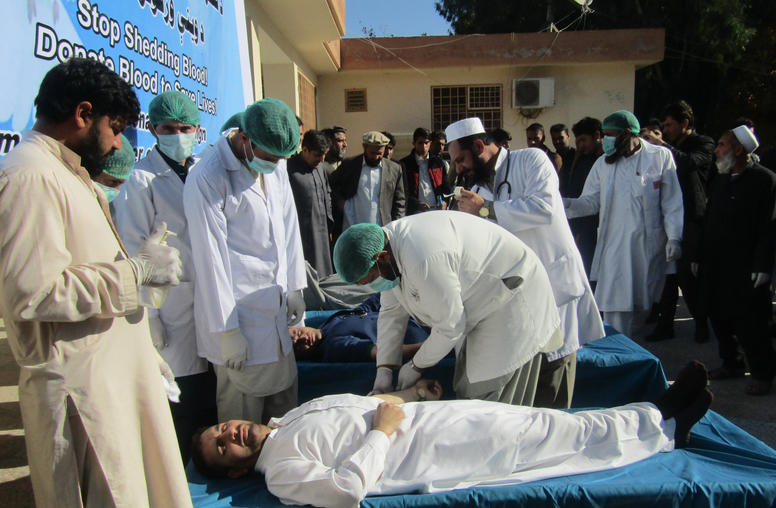
Afghan Universities Build a Movement Against Extremism
When students at Afghanistan’s Nangarhar University organized a blood drive last fall to protest their country’s civil war, so many donors lined up that the blood bags ran out. “Stop Bloodshed and Donate Blood to Save Lives,” the event declared. On a campus where some students have demonstrated in support of the Taliban and the Islamic State (ISIS), the rally against violence became a story on local radio and television, and on social media.
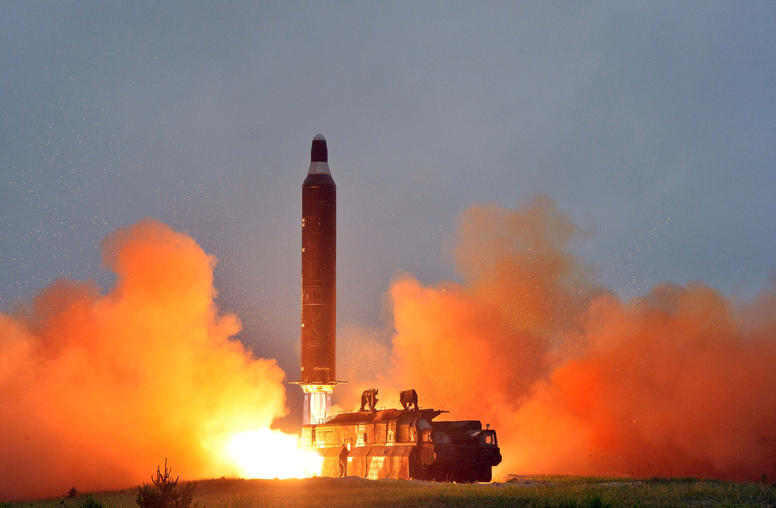
As Trump Meets China’s Xi, North Korea Tests Resolve
North Korea tested a ballistic missile this morning, just one day before President Donald Trump and Chinese President Xi Jinping meet for the first time. The U.S. and China each blames the other for failing to curb North Korea’s missile and nuclear threat, and Pyongyang is testing their will to compromise. This summit is an opportunity for both leaders to commit to a serious discussion about meaningful action.
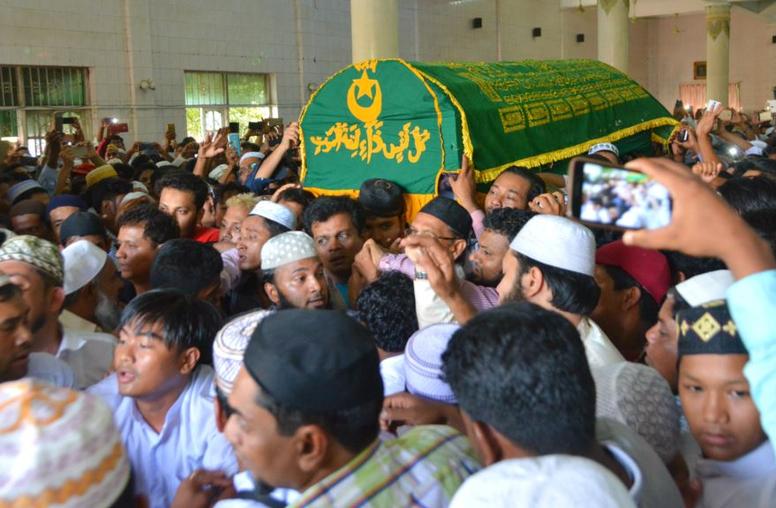
Killing of Suu Kyi Advisor Reflects Burma’s Divides
The cold-blooded assassination of prominent constitutional lawyer U Ko Ni, an advisor to Aung San Suu Kyi, is emblematic of the deep political and social divisions that challenge democratic governance and political stability in Burma. As information has emerged about the case, the impact is inevitable on efforts to reform the country’s structures and unify its people.
